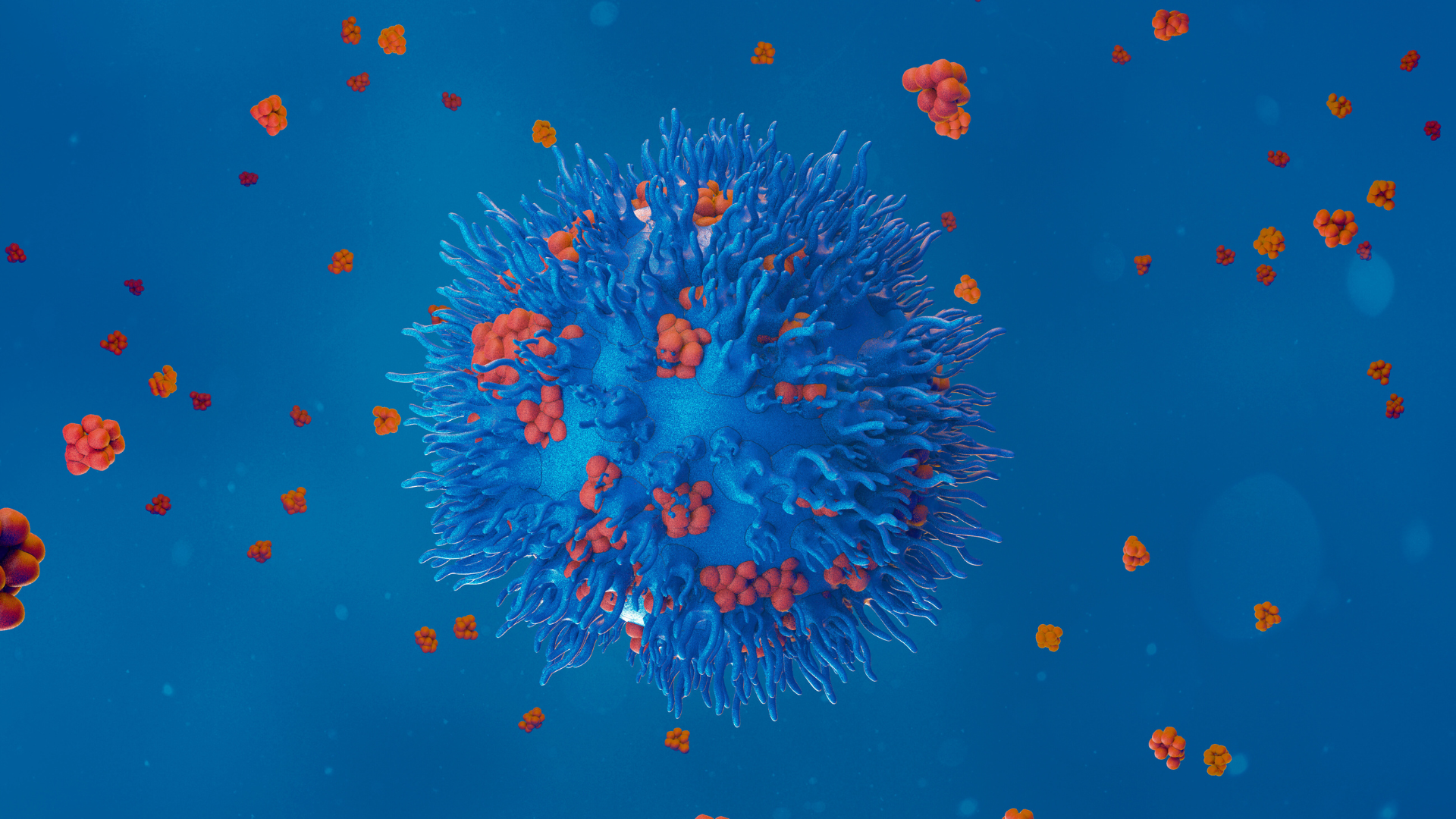The Biomedical Research Institute of Salamanca will present the I.T.SAL initiative during the ‘I Curso en Innovación, Traslación y Transferencia en Salud’ to be held on May 14 at the Colegio Arzobispo Fonseca.
This meeting, which will be inaugurated by the Regional Minister of Health, the Vice-Rector of Research of the USAL, the Mayor of Salamanca, the Director of ISCIII, the CSIC delegate in Castilla y León and the Scientific Director of IBSAL, seeks to promote innovation in the field of health to encourage the transfer of results to clinical practice.
The Institute of Biomedical Research of Salamanca (IBSAL) – Health Council of the Castilla y León Regional Government, University of Salamanca (USAL) and the Spanish National Research Council (CSIC) – has launched the I.T.SAL platform to facilitate and accelerate the real application of the biosanitary research carried out at the Institute.
This initiative of the new IBSAL Management aims to bring basic research closer to clinical research, and vice versa, helping researchers to protect the results obtained, offering, in addition, an initial channel to commercialize the products derived from their work.
In collaboration with the Clinical Trials Unit of IBSAL, I.T.SAL will promote initiatives aimed at better understanding the impact of the treatments that are tested in the context of clinical trials, trying to find and protect biological algorithms that allow the personalization of these treatments. To this end, the use of the technological means available at the institute, many of which are unique, will be promoted and collaboration will be carried out with expert groups in artificial intelligence, such as BISITE. All this work will be coordinated with the public health system of Castilla y León (SACYL), the University of Salamanca (USAL) and the Centro Superior de Investigaciones Científicas (CSIC), in order to achieve synergies and optimize the resources available for innovation.
“I.T.SAL simply aims to confirm Salamanca as what it already is, the city of translational research focused on improving the quality of life of citizens,” says the Institute’s Innovation Coordinator, Dr. Jesús Bermejo, who will present the platform to the research community on May 14 at the Archbishop Fonseca College during the celebration of the 1st Course on Innovation, Translation and Transfer in Health.
This meeting, which will be inaugurated by the Minister of Health of the Junta de Castilla y León, Alejandro Vázquez; the Vice-Rector for Research of the USAL, José Miguel Mateos Roco; the Mayor of Salamanca, Carlos García Carbayo; the Director of the Instituto de Salud Carlos III (ISCIII) Marina Pollán; the delegate of the CSIC in Castilla y León, Mar Siles; and the scientific director of the IBSAL, Luis García Ortiz, seeks to promote the promotion of innovation in the field of healthcare, facilitating the exchange of knowledge, strategies and tools among professionals in the sector, with the aim of encouraging the translation and transfer of research results into clinical practice and the development of innovative medical solutions.
Development of the I Innovation Course
With these objectives in mind, a first round table will be held, moderated by Dr. Aránzazu Tabernero Urbieta, Deputy Director of the Institute of Neurosciences of Castilla y León (INCYL), in which Pedro Redondo Cardeña will explain the actions to promote innovation foreseen in the Strategic Plan of the Junta de Castilla y León, or the importance of innovation units in hospitals, giving as an example the role played by ITEMAS from the ISCIII to stimulate the real transfer of results and which has served as a basis for the implementation of ITSAL.
In addition to the presentation by Dr. Lluis Blanch Torra, coordinator of the ITEMAS network, Juan Luque Moruno, head of the CIBER’s technological development platform, will speak on support as a key tool for valorization and transfer.
In a second roundtable, moderated by Dr. Juan Manuel Corchado, director of the BISITE Research Group, internationally renowned researchers from the Institute will explain several examples of success in the translation and transfer of research results.
Cardiologist Armando Oterino will present the use of artificial intelligence in cardiovascular diseases, giving as an example the expert system in dyslipidemia developed at the Hospital de Salamanca. In addition, the Dr. Maria Isidoro will give a lecture on therapeutic guidance based on artificial intelligence tools through the 5SPM pharmacogenetic model, Dr. Fermín Sánchez-Guijo will reveal the current situation and challenges of applied research and the production of advanced therapy drugs in our environment, and, finally, Dr. Manuel Fuentes García will focus on nanomedicine and functional proteomics for biomarkers and new drugs.
In addition to the intervention of these clinicians and researchers from IBSAL, there will be contributions from Miguel Martínez, from the industrial property agency HOFFMANN EITLE, on the strategy for the protection of innovations and intellectual and industrial property registrations.
Before the closing of the course by Sonia Martín Pérez, Director General of Health Planning, Research and Innovation of the Junta de Castilla y León, the closing lecture on Point-of-Care biosensor devices for decentralized diagnosis will be given by the Dr. Laura Lechuga of the Catalan Institute of Nanoscience and Nanotechnology and National Research Award 2020.
You can consult the complete program of the I Course on Translational Innovation and Transfer in Health at THIS LINK.
The IBSAL
The Institute of Biomedical Research of Salamanca (IBSAL) was established on March 21, 2011 through an agreement signed by the Ministry of Health of the Regional Government of Castilla y León and the University of Salamanca, which was joined in February 2012 by the Spanish National Research Council (CSIC). It integrates and coordinates the biosanitary research carried out at the University Hospital of Salamanca, the Primary Care Management of Salamanca and the biosanitary area of the University of Salamanca, including the Institute of Neurosciences of Castilla y León and the Institute of Molecular and Cellular Biology of Cancer.
Its scientific activity is structured in six areas, with a total of 84 research groups: Cancer (23 groups); Cardiovascular, renal and respiratory (11); Neurosciences (12); Infectious, Inflammatory and Metabolic Diseases (17); Gene and Cell Therapy and Transplants (6) and Primary Care, Public Health and Pharmacology (15).
More information and contact: comunicacion@ibsal.es



